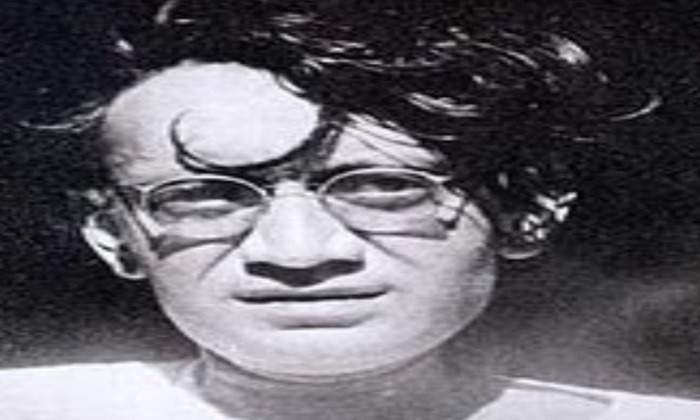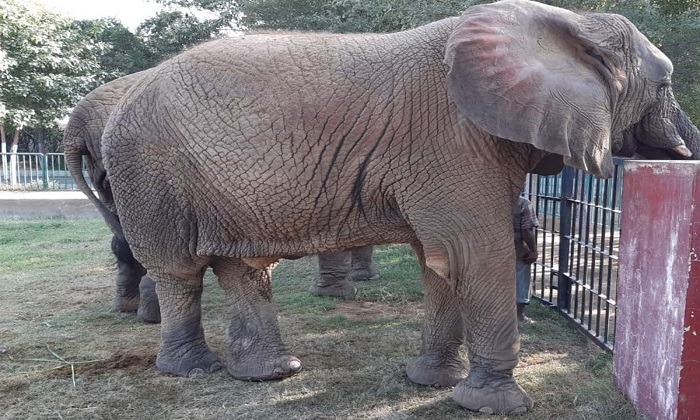[wp_ad_camp_1] Remembering Manto
By Zaib Azkaar Hussain
Karachi
Legendary short story writer, novelist and playwright Saadat Hasan Manto is being remembered by the people especially writers and their circles because of on his 107th birth anniversary. Manto was born on May 11, 1912 and died on January 18, 1955, while he was 44.
The issue of migration (in 1947) of huge population from one country to another led to violent incidents on the one hand, and on the other it set great examples of sacrifices for the cause of humanism.
Saadat Hasan Manto was among the pioneers who wrote on the sufferings of the affected people. In his short stories in Urdu he introduced very different characters mostly victims of exploitation morally, psychologically and socially as well.
Mano’s short stories targeted negative and inhuman behaviourism and pleaded for the exploited and weak. Besides he explored the goodness inside the arrogant characters and exposed the fakeness of so-called champions of welfare of people.
He wrote stories like ‘Khol Dao’, ‘Thanda Gosht’, ‘Kali Shalwar’, ‘Badd Tameez’, ‘Boo’ and ‘Toba Tek Singh’ and ‘Dooda Pehlwaan’, ‘Mummy’ and ‘Baasit’ brought to light very crude and rather unspoken realities. He was famous to write on social taboos whereas his contemporary writers did avoid to write on such matters. That was why he had to faces cases and trials.
Thought he was criticised by writers of his times, they (most of writers) had to follow the same style in exposing the cruel postures of the society. His contemporaries also wrote on partition and other social and psychological crisis of the stakeholders of partition (in 1947). The same social crisis was depicted by Qudarat Ullah Shahab in his novelette titled ‘Ya Khuda’. Due to the firm stance of Manto to target the evil actions of the characters in Urdu short story the writers had to adopt a realistic view to examine the issue of division and creation of a new country. The issue of creation of Pakistan later had become a major topic of fiction and short stories in Urdu literature. His character sketches titled ‘Ganje Farishte’ written on famous personalities of his time including writers, poets, publishers, actors, directors and singers also got popularity. He underlined the merits and demerits of the characters he painted in his sketches. Many of his stories earlier declared to be controversial and substandard were later acknowledged as the marvelous stories and he himself was termed to the finest writer of his times.
The strong opposition and discouragement did not pressed him to surrender his principle. However he had to undergo serious financial hardships. At times Manto appeared to be broken one and once he was treated as an abnormal one and perhaps all these cruel difficulties caused his early death at the age of 44.
Born in Ludhiana (India) Manto firstly settled in Bombay as a migrant but later in 1948 he decided to leave India for good and settle in Pakistan (Lahore). He got employment in a newspaper namely Paras. He made translations and wrote plays for radio to earn livelihood. He had a quality to write stories and plays instantly for income purposes.
Manto in his stories presented such characters who had lost their memories due to the riots and attacks and the others who had to face inhuman treatment at the hands of evil forces. He also translated stories of famous writers (like French Writer Maupassant) into Urdu. It is learnt recently that Manto had translated a short novel (titled ‘The last day of condemned man’) written by a French Writer Victor Hugo, into Urdu. Manto produced 22 collections of short stories, a novel, five series of radio plays, three collections of essays and two collections of personal sketches. Two biographical films have been made on the life of Sadat Hasan Manto; one in India and another in Pakistan.
Ends



